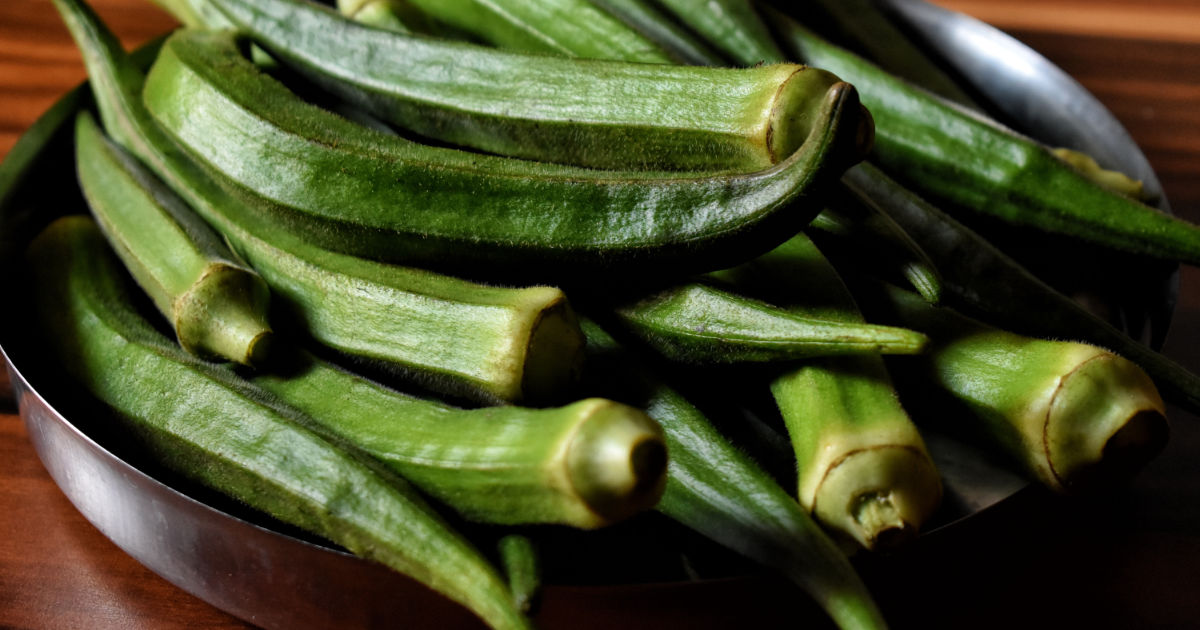An important Hindu ritual
Pitru means ancestors. Paksh refers to a lunar phase (fortnight). In the lunar month there are two pakshas or fortnights, suklapaksha (bright fortnight) and Krishnapaksha (dark fortnight). Shradha means a Hindu rite performed on behalf of departed ancestors. Pitru Paksha Shradha is a ceremony in which devotees pay homage to their dead ancestors. Various rituals are observed. Pitra means dead ancestors and these rites enable their souls to rest in peace. Offering food in the name of the ancestors is the most important part of the ceremony.
The Brahma Purana states that devotees should worship their ancestors before the Gods, since it is believed that the Gods are very pleased by this deed. It is accepted that the souls of the ancestors who do not receive a proper departure or Shradh after their death, their souls wander aimlessly on the earth. Many rituals are conducted so that the ancestor can be forgiven of the sins they committed. This ritual is also performed for those of the ancestors whose birth dates have been forgotten. On this day one can pay homage to all their ancestors by chanting their names. The special day is Sarva Pitru Amavasya and is dedicated to all ancestors whose death date may have been forgotten or is unknown. It is October 14th, this year.
Story behind Pitru Paksh Shradh is that when king Karna (son of the Surya and Kunti) was killed in the battle in the Mahabharata, his soul ascended to heaven. He was served gold and not food. Karna was confused and he asked Indra why he was given gold, when he had given all his wealth to the poor. Only he had never offered food to his ancestors. Karna was not aware of this ritual. Indra agreed to send Karna for 15 days to earth again so that he could cook food and offer it to the poor in memory of his ancestors. So, this time is known as Pitru Paksha Shraddha.
Worship
The puja rituals are performed by the male member of the family. On the day of the puja, devotees must wake up early and bathe. They should wear a ring of Kusha grass and a dhoti. Kusha grass originated from the hair of Vishnu. Since then, it has been considered pure and used in all rituals. It grows in a dry and sandy soil. After this the Pind Daan is conducted by offering sesame seeds, barley, flour and rice in remembrance of the ancestors. Then the devotees seek the blessings of Vishnu by offering Kusha grass. Then a portion of the food is offered to a crow, who is believed to be the messenger of Lord Yama raj. If the crow eats the food, it is considered very auspicious. Finally, the food is offered to a Brahmin and Dakshina is presented to him for performing the ceremony. Reading holy texts like Garuda Purana, Agni Purana, Vishnu Purana is considered to be auspicious.
Food cooked in this ceremony is Kheer, kachori, cucumber raita, pumpkin curry, okra vegetable.
Food which are avoided are chickpeas, red lentils, black lentils, mustard seeds, cumin seeds, black salt, bitter gourd and mustard greens. No tamasic food like brinjals, rice, potatoes, yam and radish.
Food has to be cooked in gold, silver, bronze or copper dishes. No visitor or animal visiting the home must be sent away hungry. During this period, one must not hurt any creature. It is written in the scriptures that special respect must be given to brahmins, cows, dogs, ants and crows.
What not to do in this period?
No new ventures or enterprises. No buying of clothes and jewelry property to be bought. It is also suggested that one should not shave one’s beard, cut hair or wash clothes. Regarding food, no garlic, onions, flesh or alcohol.
Pitru Paksha shraddha started from September 29th and ends on October 14th.
Dear ones, I am sharing the background of the Pitru Paksha Shradh with you. It is a beautiful ritual and if we keep in mind that we are seeking peace for our ancestors and for their departure to the next realm. It is also said that ghosts of the departed pay their loved one’s visits on earth during this fortnight. This ritual is conducted to express gratitude for all those generations of ancestors who lived before us.
Attend Satsang, read holy scriptures during this time. My understanding is that it is not only during this time that one should practice sattvic behavior, but attempt to purify one’s thoughts constantly. It is our thoughts which meddle with our spirituality.
Aim Hrim Klim
Photo by Sandip Kalal on Unsplash

